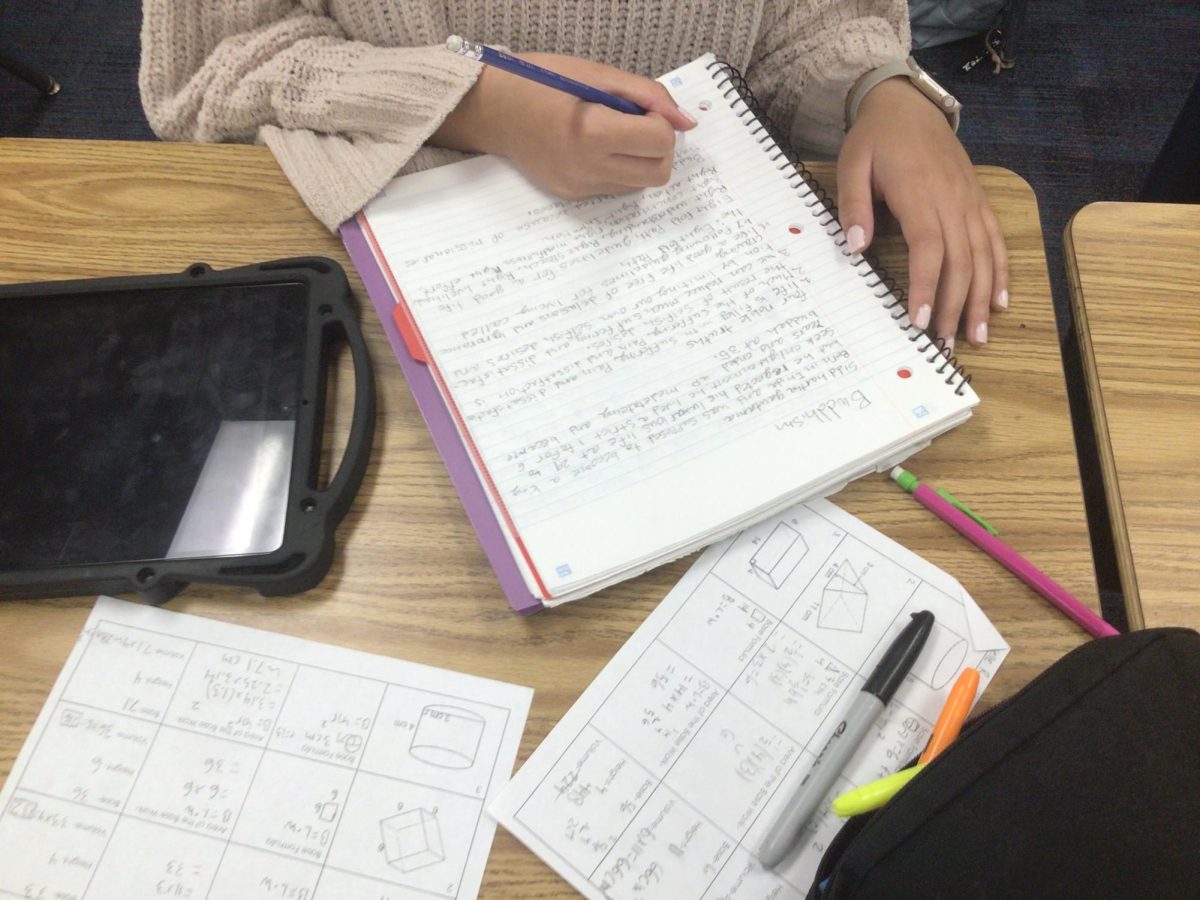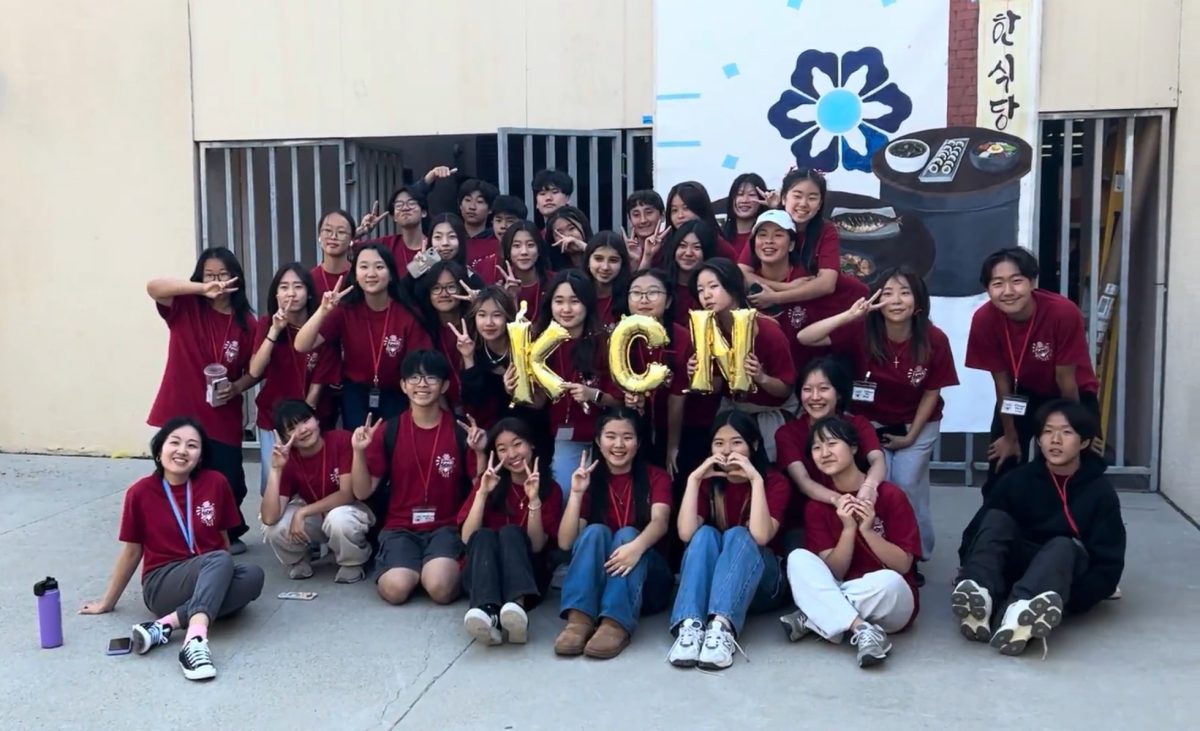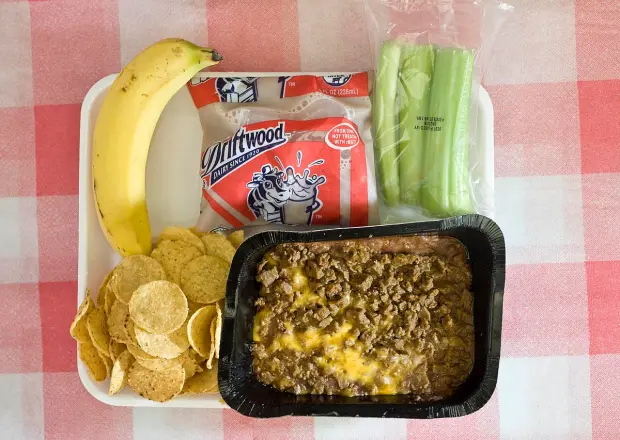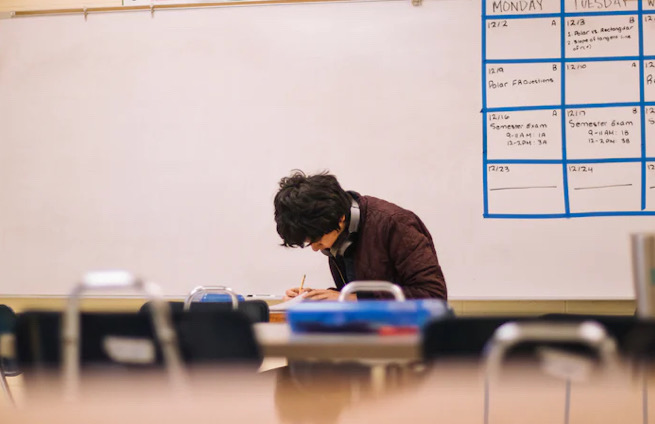Life skills, such as knowing how to replace a popped tire, are considerably important. Unfortunately, not everyone fully understands how to do these things and doesn’t have many opportunities to learn these skills. Although knowing how to manage a bank account or using appliances in the kitchen are skills usually taught by parents, there is still a chance that these skills will be missed. Maybe the parents didn’t find these skills meaningful or important enough to teach, or perhaps their child forgot or didn’t pay enough attention when the parents were trying to teach them. Nonetheless, what if there was a class in school that taught children all the important skills that will be regularly needed throughout their adult lives? Here are all the benefits of teaching important life skills to kids, and why schools should include a class for students to learn and practice them.
You might think that a class on the rules of using a microwave or a class on different kinds of kitchen equipment would be boring and a waste of time, but the truth is that an effective class on these subjects would be very beneficial. As a middle school kid, these skills might not have much purpose or use, which is natural. However, as time goes on and kids progress in their lives, these skills will become more important and their benefits more apparent. You may know the basics, such as not putting tinfoil in the microwave, or not using a toaster in the shower, but there’s so much more to be aware of than just this. For example: Did you know that ceramic bakeware will shatter if used over a stove? Cookware like this is designed to gradually heat up and expand as a whole unit, but if it is placed over an open flame like a stove, the sudden temperature change will cause the bakeware to crack, or even shatter. Information such as this won’t have much relevance to a middle schooler, but to an adult who might find themselves cooking something one day, this advice is useful to avoid a dangerous and messy mistake. This is just a small fact in the wide range of information found and learned within the real world. It doesn’t have to be just cooking, either. It can also be fixing a broken stapler, or replacing things that regularly or commonly need to be replaced.
As a middle schooler, one is not old enough to drive. However, imagine that you’re old enough, and someone is driving you somewhere. Suddenly, the car bounces up and down and you know right away that you’ve hit something. You go out to see what it is, only to realize that you’ve popped your tire. Your friend (or yourself) goes to get the spare tire, but it’s one thing to carry a spare tire, and another to know how to replace one. If schools taught life skills like replacing a tire, this situation wouldn’t be that bad. However, a person with no experience in replacing a tire could end up stranded if faced with this situation. Plus, not only is this skill useful, but it’s also something that would be pretty cool to tell your friends or family. Tire pops are something to watch out for, and it is ideal to know how to fix one on your own. The class that teaches life skills like this could also be about fixing other things, like torn clothing or sealing a leaky pipe. These skills mentioned might not seem too useful right now, but when you get to college and are on a budget, knowing how to avoid accidents in the kitchen and replacing things without having to hire someone will be something to be very thankful for.
In conclusion, schools really should teach life skill classes like this at a young age. While people in middle school are not likely to encounter situations at present, it would pay off as an adult. After all, one of the main goals of school is to build and prepare you for a successful life as an adult, and a life skills class would help with that. Students may complain that a life skills class is not a good use of their time, but when they grow up to be adults, they will realize the importance and be grateful they learned it in school.




















